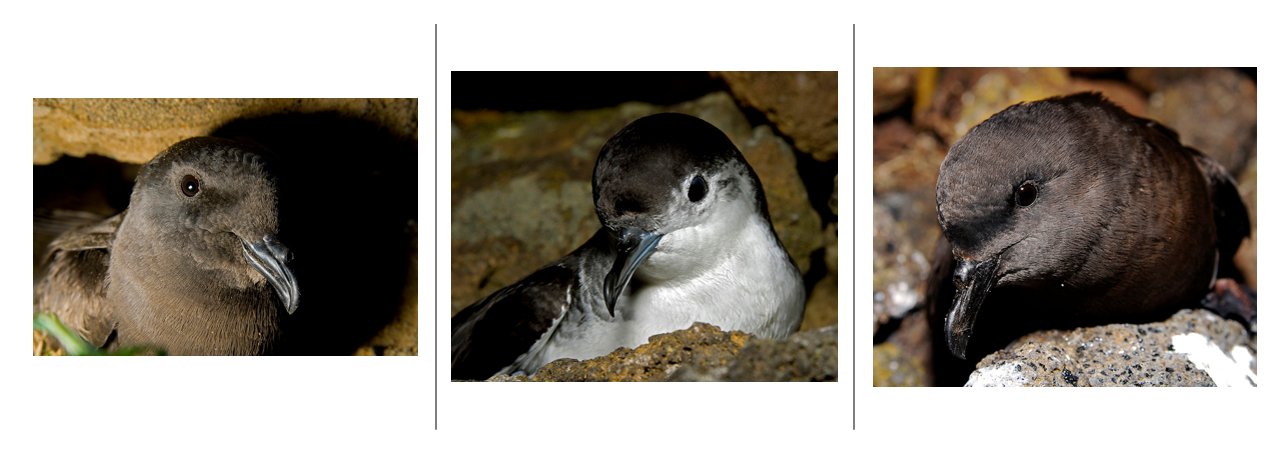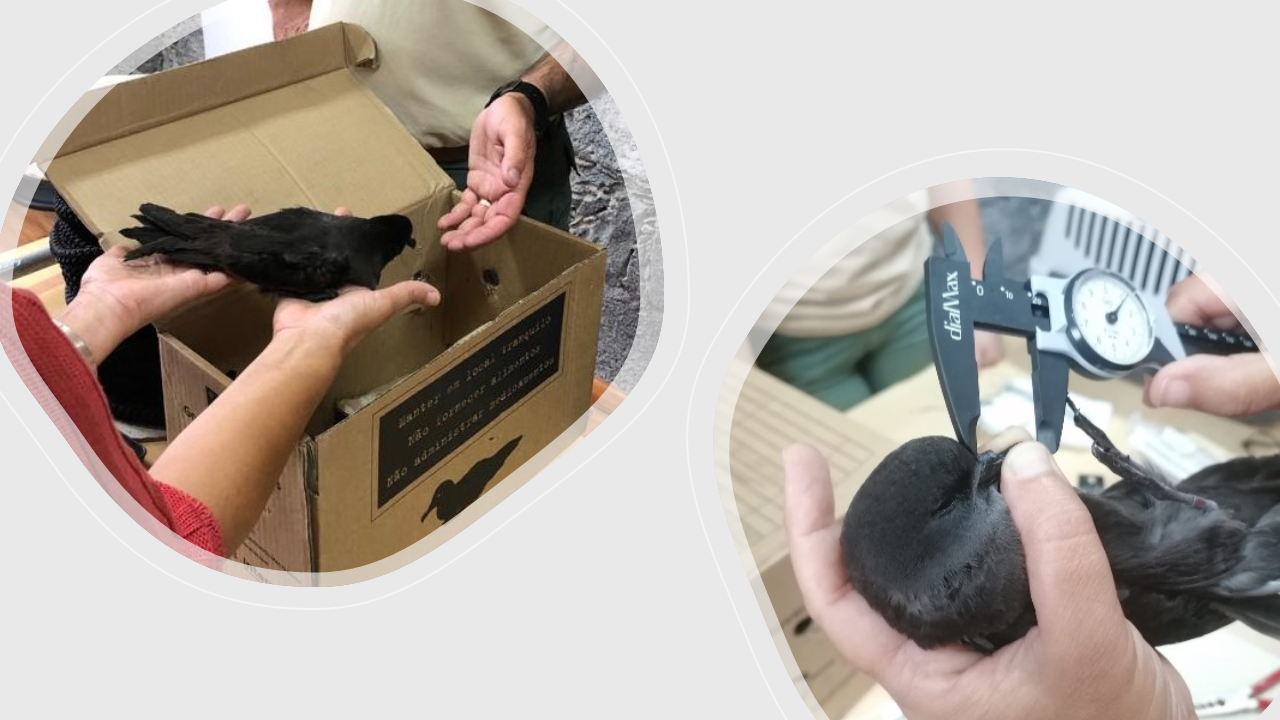

SOS Seabirds Campaign
SOS Seabirds Campaign
The Government of the Azores, through the Regional Directorate for Maritime Policies (DRPM), annually promotes a new seabird conservation campaign alongside the S.O.S Cagarro campaign: the S.O.S Seabirds campaign. This initiative is part of Action C.10 of the LIFE Natura@Night project, which focuses on seabird rescue campaigns.
Given that in the Azores several seabird species—besides the Cory’s Shearwater—are affected by light pollution, and that this project addresses all of these species, it was concluded that launching the S.O.S Seabirds campaign would be important to complement the S.O.S Cagarro campaign.

The S.O.S Seabirds Campaign is implemented throughout the Azores archipelago and coincides with the fledging period of juvenile seabirds (see calendar), which occurs at different times of the year depending on the species.
The main goal of this campaign is to engage the community in rescuing these birds and to raise public awareness about the issue of light pollution by providing training on the appropriate procedures to follow when encountering a disoriented seabird.
When do the juveniles leave the nest? Stay alert!
Take part in this campaign and help prevent seabirds from becoming disoriented:
-
Alert your family and friends about the risk of collisions and roadkill involving seabirds during their fledging period;
-
Do not allow disturbance, pollution, or destruction of seabird nesting habitats;
-
Do not allow the capture of birds for bait, food, or pure vandalism, and always report any illegal practices you witness to the appropriate authorities;
-
Share everything you’ve learned about seabirds with family and friends and contribute to the knowledge of the Azores’ biodiversity.
What to do if you find a disoriented seabird:
-
If you find a seabird:
-
Approach the bird cautiously;
-
Pick it up using a towel or a jacket;
-
Place the bird in a cardboard box from the S.O.S Seabirds Campaign;
-
Submit the S.O.S Seabirds form using the QR code on the box or via the link on the campaign’s webpage;
-
Record the digital code obtained after submitting the form;
-
Contact the SOS Environment Line: (+351) 800 292 800

